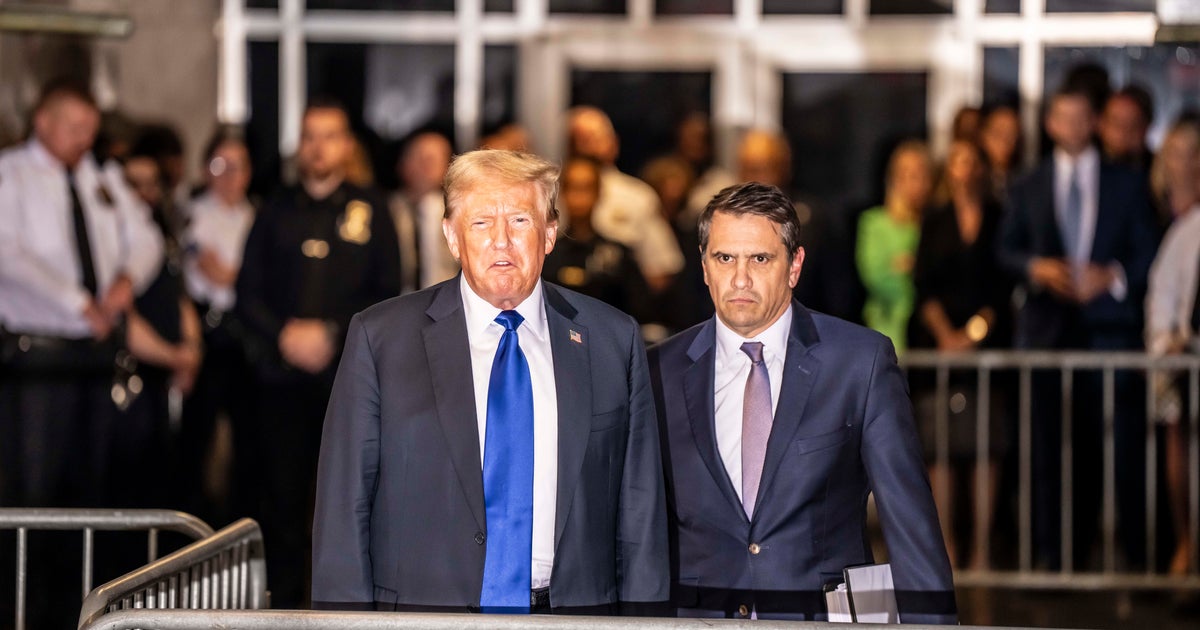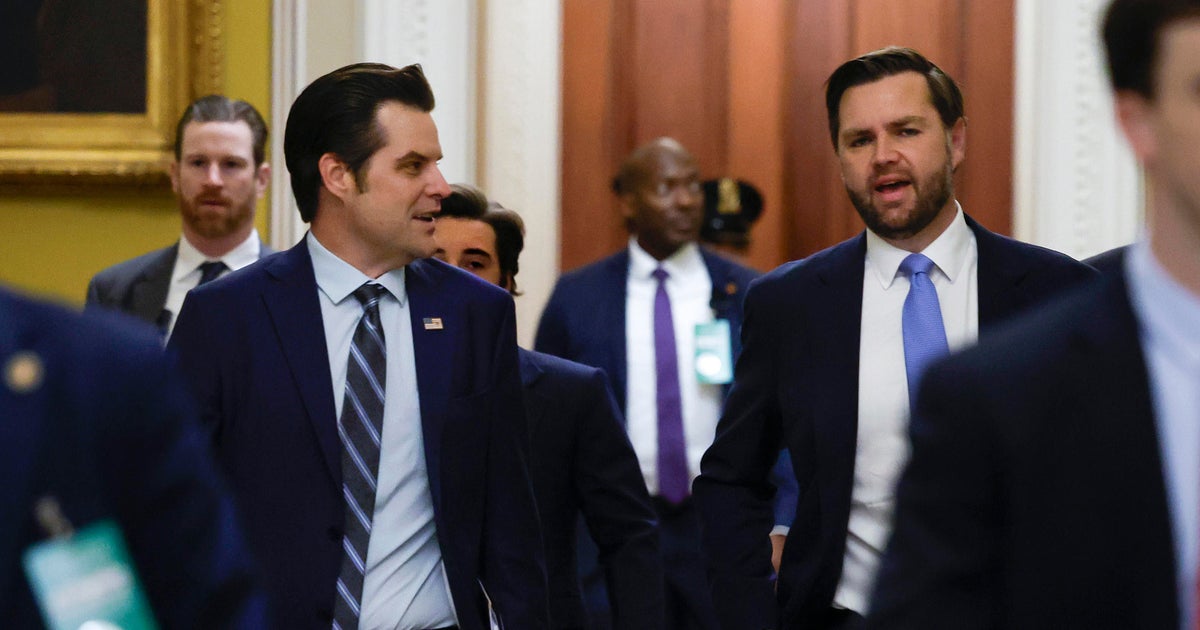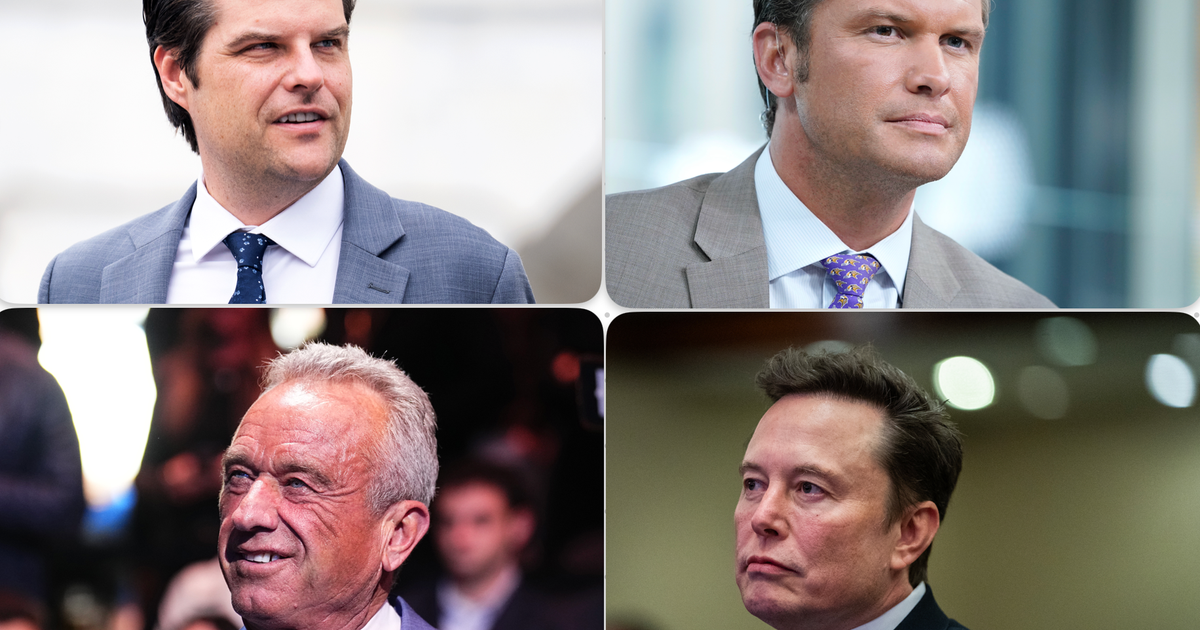Trump celebrates criminal justice reform law at White House
Months after it passed, President Trump held a celebratory event at the White House Monday to champion the bipartisan criminal justice reform bill — the First Step Act — Congress approved in December. The president announced there will be a "Second Step Act," although he gave few details about what that might entail and when it might be introduced.
"Today I'm announcing that the Second Step Act will be focused on successful reentry and reduce unemployment for Americans with past criminal records and that's what we're starting," the president said.
In the East Room, the president championed the "bipartisan" nature of the bull and how it's helping people. Among those in the crowd was Attorney General William Barr, who expects to release the full Mueller report by mid-April.
The First Step Act is one of the few major legislative accomplishments his administration has achieved thus far, and garnered praise from the left and the right for its aims. The celebration of the bill comes amid a broader Prison Reform Summit. The law aims to give prisoners who exhibit good behavior to shorten their sentences, particularly for nonviolent drug offenses. It also attempts to curve recidivism, meaning the rate at which convicted individuals engage in further criminal activity upon release.
Mr. Trump welcomed on stage people who had been released earlier because of the First Step Act. One such man said there should be a second step.
The president claimed that since he signed the First Step Act, more than 16,000 inmates have enrolled in drug treatment programs.
One beneficiary of the law said that for the law to be fully effective, it needs to be fully funded.
But the president's proposed budget requests only a sliver of the amount of funding laid out in the legislation. The legislation calls for $75 million a year over five years, but Mr. Trump's proposed budget only provides $14 million, as the Marshall Project first highlighted.
Trump son-in-law and senior adviser Jared Kushner helped propel the legislation last year, along with nonprofit and other outside groups, overcoming opposition from a handful of hard-right conservatives like Sen. Tom Cotton, R-Arkansas.



